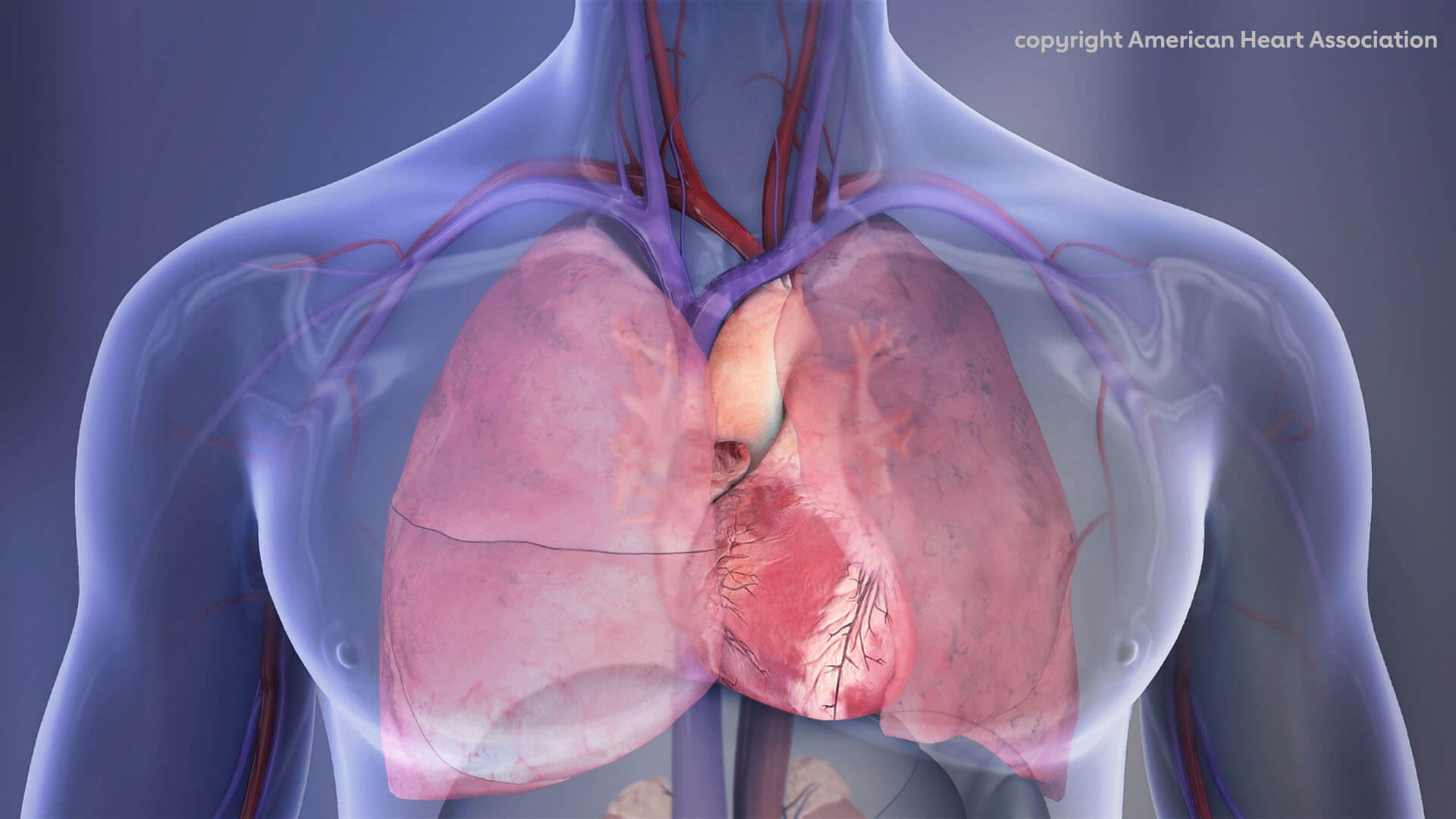WASHINGTON — Being Facebook friends with wealthier or more successful people can make it less likely that you’ll suffer a fatal heart attack or stroke, a new study reveals. Researchers working with the American College of Cardiology say better economic connectedness on social media displays a link to lower rates of premature death from heart disease. Previous research shows that poverty or low socioeconomic status increases a person’s risk of heart disease and dying at a younger age.
The new study is the first to look at a person’s health using Facebook friendships as a measure for economic connectedness. The findings suggest having a connection to people with wealth or high social status — which the team determined using a machine learning algorithm examining individual and neighborhood-level Facebook data — could help to lessen the impact of poverty on a person’s health.
“Social networks are important for health outcomes,” says lead study author Tabitha Lobo, MD, an internal medicine resident at University Hospitals Cleveland Medical Center, in a media release.
“Mechanisms to improve social networks could be established through youth mentorship programs, internships or school-based programs for connecting people, and these may have long-lasting effects on neighborhood characteristics with respect to cardiovascular mortality.”
Do you have to constantly message your more successful Facebook friends?
Researchers calculated economic connectedness at the neighborhood level across the United States by adapting a newly-created method for estimating the proportion of Facebook users in a given area. In this experiment, they looked at people with large Facebook friendship circles that include people of a higher socioeconomic status than themselves. The method tracked friendship status only and did not measure the level of engagement people have with their “friends” through posts and messages.
The team considered areas with more highly connected people to have high economic connectedness. Meanwhile, those where people had fewer connections to those with more wealth and success had low economic connectedness. The research team then compared neighborhood-level economic connectedness figures to rates of premature death from heart disease at the county level.

To assess rates of premature death, the team examined records of more than 900,000 deaths among people between the ages of 25 and 65. These deaths occurred between 2018 and 2020 and listed heart disease as an underlying cause. Results show that places with higher economic connectedness tended to have lower rates of premature cardiovascular death during this time period. The pattern held true both nationally and regionally.
After adjusting for factors including race and sex, the team estimates that social media-derived economic connectedness can explain more than half (57%) of the variability in premature cardiovascular death rates in the United States. Researchers add that the social media-based measure of economic connectedness may also help to quantify a person’s opportunity for economic growth.
Your connections can lead you to a better life
Dr. Lobo believes relationships with people who are more successful in life, whether in-person or online, could improve a person’s awareness of and access to educational and job opportunities, healthy lifestyle habits, as well as other benefits that could positively impact their lives.
“If we can predict a person’s risk, we can use that information to guide medical treatments,” Lobo says.
“Traditionally, we’ve focused on individual-based interventions, but this gives us the opportunity to work at more of a community level, for example, by giving policymakers information to improve the overall health of a community and not just focus at an individual level.”
Researchers presented the findings at the American College of Cardiology’s Annual Scientific Session Together With the World Congress of Cardiology.
South West News Service writer Stephen Beech contributed to this report.

